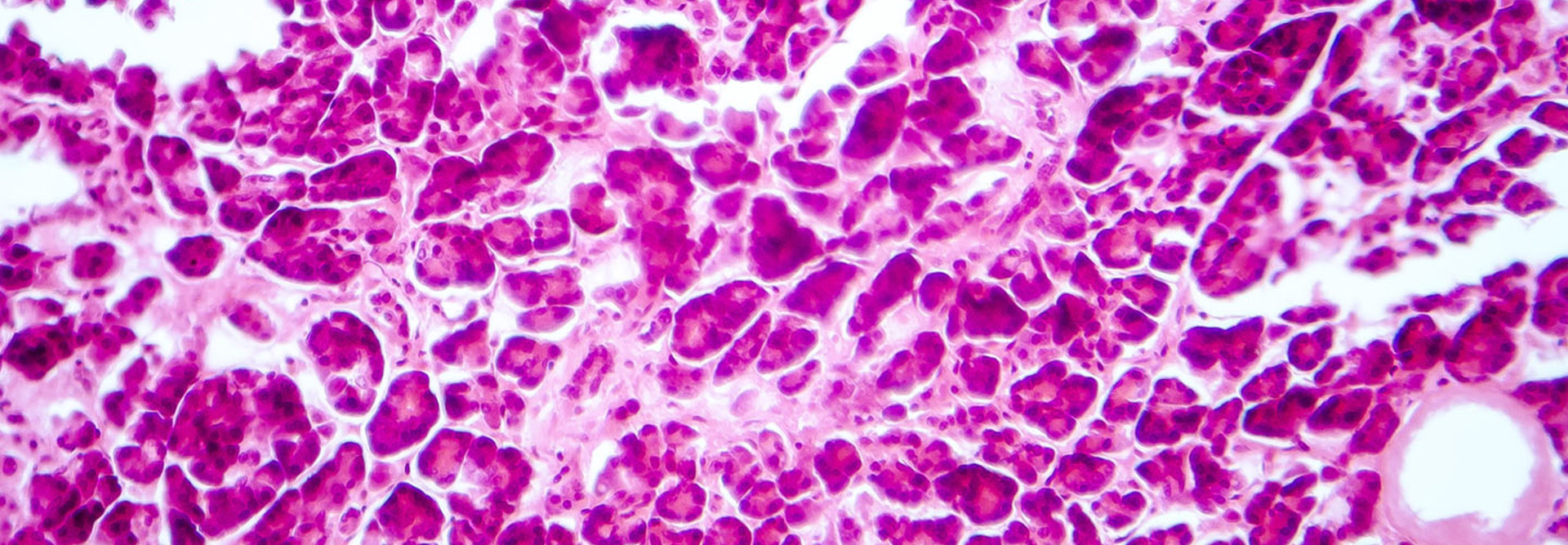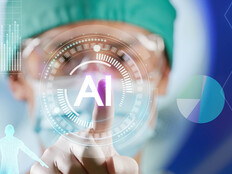Researchers Leverage AI to Transform the Delivery of Patient Care
For healthcare researchers at the Scripps Research Translational Institute in La Jolla, Calif., prediction of heart rhythm disorders is only the beginning of how they plan to leverage artificial intelligence to improve patient care.
SRTI has partnered with NVIDIA to establish a center of excellence for AI in genomics and digital sensors that will develop best practices, tools and biomedical research infrastructure. With NVIDIA’s AI platform, the Scripps team will use deep learning and, more broadly, machine learning to tackle genomics and data from digital health sensors, such as smartwatches and glucose monitors.
The project will start with deep learning–based prediction of heart rhythm disorders, as well as analytics of whole genome sequences, says Dr. Eric Topol, SRTI founder and director.
“We’re starting to work with the data, and we plan to add on more projects,” he says. The effort, over time, will become a building block for how to change medicine in the future, Topol adds.
Sensor data remains largely untapped because it’s so complex and because devices generate continuous data. “We use recurrent neural networks to deal with so-called ‘time series data,’” Topol says. “Quickly, you get terabytes of data.”
Big Data Bolsters Accurate Imaging
In Boston, a team of researchers from the Massachusetts General Hospital and Brigham and Women’s Hospital Center for Clinical Data Science (CCDS), the Rochester, Minn.-based Mayo Clinic and NVIDIA are using generative adversarial networks (GANs) to train neural networks. They’ve developed a deep-learning model that can generate accurate, reliable synthetic images of abnormal brain MRIs to train an AI system.
Using an NVIDIA DGX Workstation, which contains NVIDIA Tesla V100 GPUs, with a deep-learning framework, the team trained its GAN on data from two public data sets of brain MRIs.
“A model can essentially compress the information you have in the data to start with,” says CCDS Director Adam McCarthy. “The more data you have and the better quality you have, the better your results and model will be.”
MORE FROM HEALTHTECH: Arm yourself with the right info to stay HIPAA-compliant in the cloud.
Data Drives Faster Solutions for CCDS
Such models are helpful because in healthcare, data is often siloed, says Dr. Mark Michalski, executive director for CCDS.
“While that’s not unique to healthcare, it’s often uniquely difficult in healthcare,” he says. “It’s hard to identify what you have, even within your own healthcare system.”
Another challenge: computing power.
“If you were to have a small amount of hardware — one computer — it would take a long time to test each hypothesis. With a large cluster of GPUs, researchers can test hypotheses and home in on the correct solution faster,” McCarthy says.
Such projects hold great promise, Topol says. “This really has potential to help with productivity, workflow, efficiency, accuracy and lowering costs — all the things we need in healthcare,” he says.









